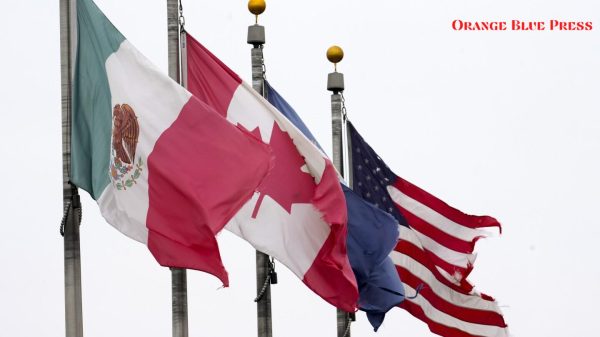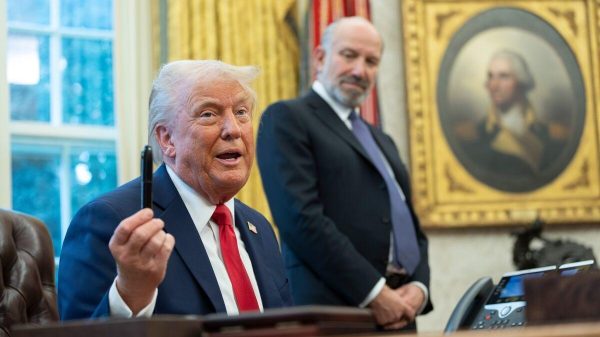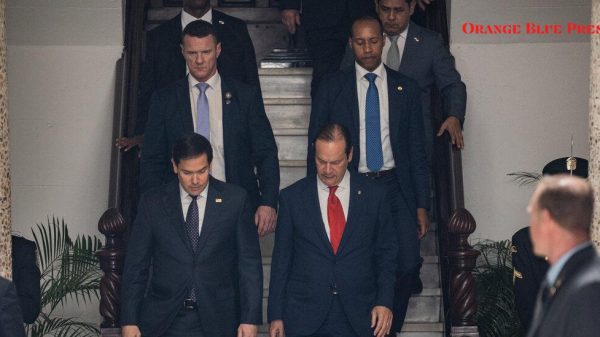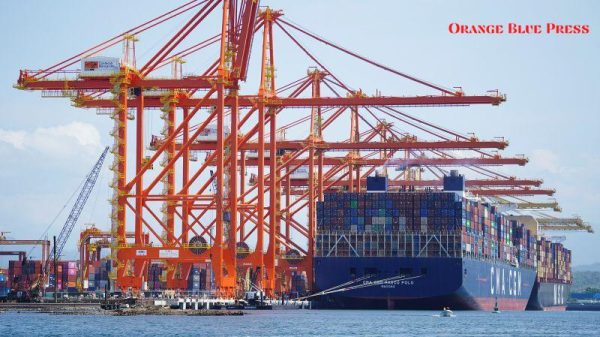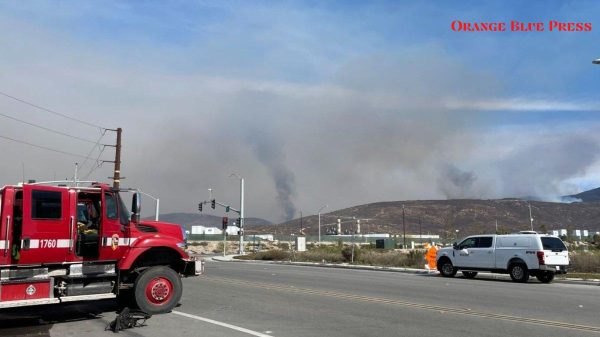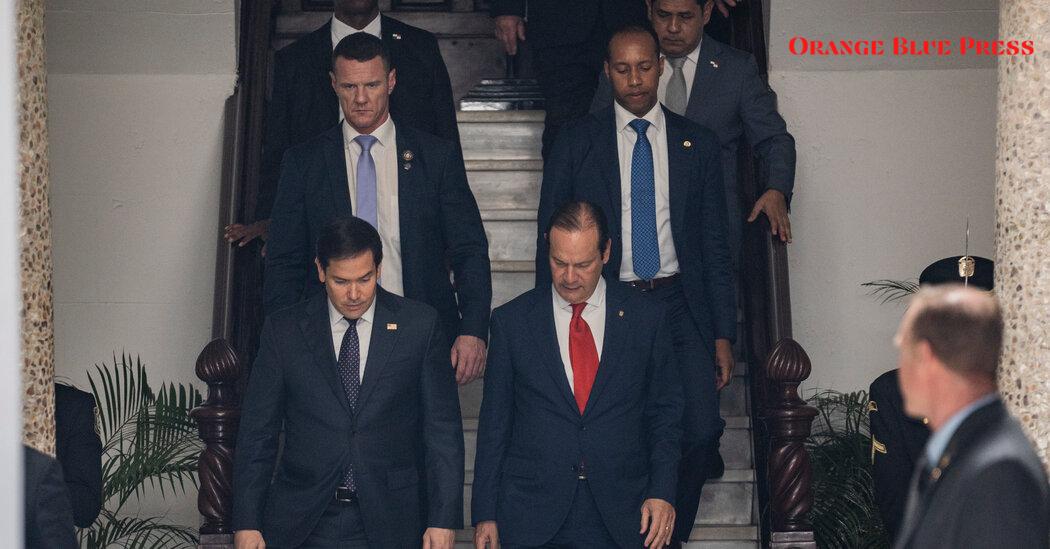In a recent series of events, U.S. leaders have expressed growing concern regarding China’s influence over the Panama Canal, a crucial waterway for global trade. Following a meeting between Marco Rubio, the U.S. Secretary of State, and Panama’s President José Raúl Mulino, many are watching closely as Panama reassures its sovereignty.
U.S. Officials Voice Concerns
Marco Rubio has raised alarms about a Hong Kong-based company controlling port operations at both ends of the Panama Canal. This has sparked worries that China’s grip on the canal could lead to a security risk for the United States. Rubio emphasized the importance of maintaining U.S. interests in the area as he met with Mulino. The U.S. State Department hinted at possible actions to safeguard treaty rights, indicating that Washington is closely monitoring the situation.
Panama’s Sovereignty in Focus
During discussions with Rubio, President Mulino made it clear that Panama’s control over the canal is a matter of national pride. He firmly stated, “Our sovereignty is non-negotiable.” This declaration comes at a time when Panama is actively reconsidering its relationship with Chinese investments. Previously, Panama signed a memorandum of understanding with China’s Belt and Road Initiative, a strategy aimed at enhancing trade routes worldwide. However, Mulino has indicated that Panama does not plan to renew this agreement.
Impacts of the Canal on U.S.-Panama Relations
The Panama Canal is vital not only for trade but also for U.S. military operations. Approximately 72% of the vessels crossing this important waterway head to American ports. This strategic importance was underscored in conversations between Rubio and Mulino about deepening U.S.-Panama relations. The American side is keen to see increased U.S. investments in infrastructure projects in Panama, which could strengthen ties and reduce Chinese influence.
Legislative Actions in the U.S.
In response to the growing concerns, House Republicans have introduced the Panama Canal Repurchase Act. This bill seeks to empower the President with the capability to negotiate a potential reacquisition of the canal from Panama. This move demonstrates the U.S. government’s serious approach to ensuring that the canal remains free from foreign control.
Addressing Migration Issues
During the meeting, Rubio and Mulino also discussed approaches to address mass migration challenges. They are considering expanding a migrant repatriation program, which would require the U.S. to fund it entirely. This aspect of the dialogue highlights the complex relationship between the two nations, intertwining economic, strategic, and humanitarian concerns.
The Ongoing Conversation
The U.S. government’s concerns about China’s presence in Panama are not merely political; they tap into broader issues of national security and global influence. As these discussions unfold, it becomes evident that both the U.S. and Panama are prioritizing their sovereignty and security. Watching how they navigate this relationship will be key to understanding future developments in the region.










